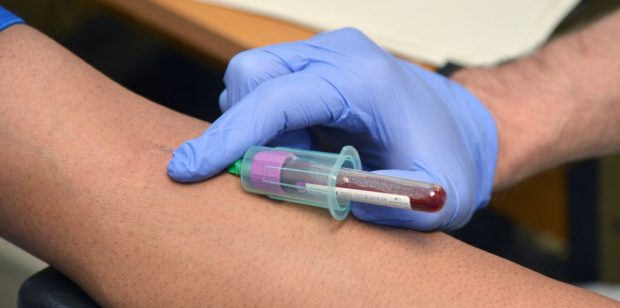
We have published the annual data report for the NHS Sickle Cell and Thalassaemia (SCT) Screening Programme covering England from 1 April 2017 to 31 March 2018.
For the first time, we have also presented the standards data in the annual joint antenatal standards report. The SCT data report focuses on information collected from antenatal screening laboratories, prenatal diagnostic (PND) laboratories, newborn screening laboratories and newborn DNA testing laboratories, which is not directly linked to screening standards.
Main findings
Between 1 April 2017 and 31 March 2018, the NHS screened about 650,000 pregnant women for sickle cell, thalassaemia and other haemoglobin variants, and around 652,500 newborn babies for sickle cell disease.
The proportion of pregnant women screening positive remained stable compared to previous years. In screen positive women, the most common identified risk to pregnancy was a baby born with a possible sickle cell condition (52% of screen positive women), followed by a baby born with a possible beta thalassaemia condition (34% of screen positive women).
There were 366 PND tests performed during the year, a similar number to the previous year. The proportion of PND tests performed before 13 weeks gestation increased slightly, but remained lower than between 2008 to 2009 and 2013 to 2014.
In England there were 253 babies screened positive for a clinically significant sickle cell condition, which is approximately 1 in every 2,500 babies born. 1 in 80 babies were found to be carriers.
Looking forward
We are working hard to improve the timeliness of our data reports, and we are aiming to publish the 1 April 2018 to 31 March 2019 report later this spring.
Many thanks to all screening providers for submitting data to enable us to produce this report. These data reports help to improve the screening pathway and better support women, their babies and families affected by sickle cell or thalassaemia.
PHE Screening blog
The PHE Screening blog provides up to date news from all NHS screening programmes. You can register to receive updates direct to your inbox, so there’s no need to keep checking for new blogs. If you have any questions about this blog article, or about population screening in England, please contact the PHE screening helpdesk.